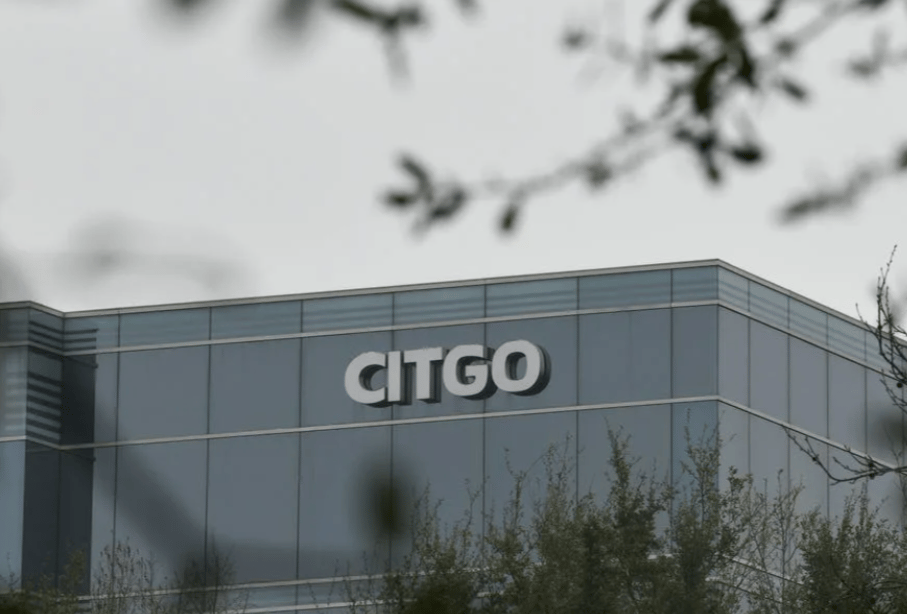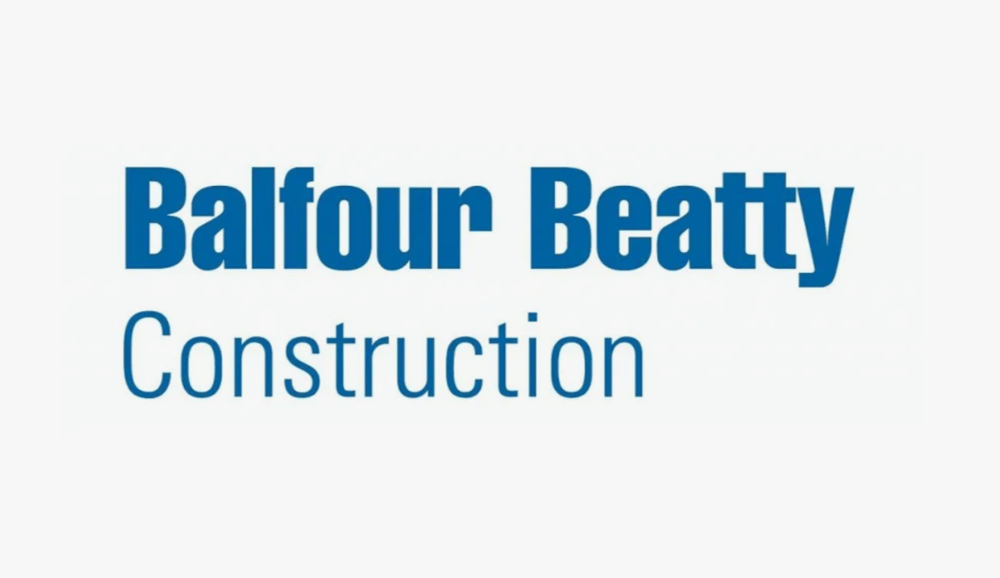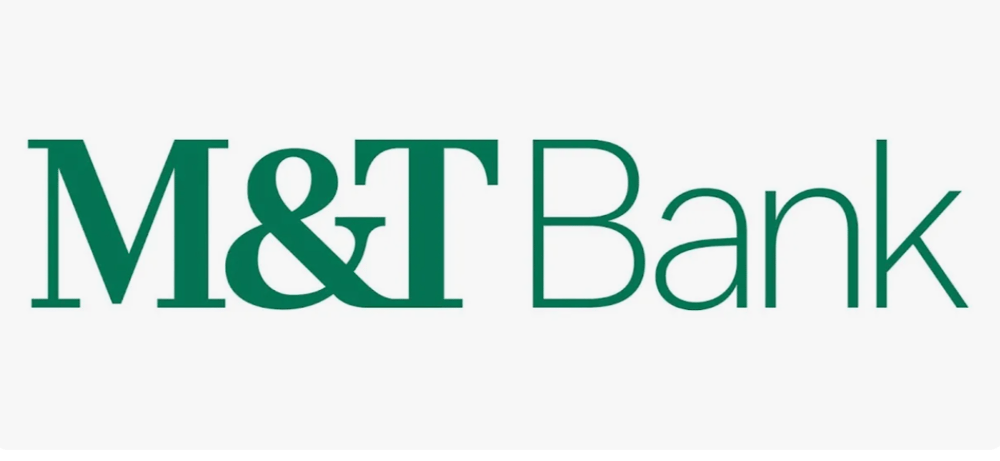In a time of evolving regulatory landscapes and increasing demands for corporate transparency, the U.S. Department of Justice has decided to maintain its corporate oversight over Balfour Beatty Communities while simultaneously extending the practice to Canadian lender TD Bank. This decision comes amid the ongoing review of oversight practices initiated during the Trump administration, underscoring the importance of rigorous governance in today’s complex financial environment.
A New Wave of Oversight
Recent weeks saw a temporary pause on corporate monitoring as the Department of Justice evaluated the potential benefits of discontinuing certain oversight procedures. Contrary to earlier experiments, this agency has now chosen to maintain a robust monitoring framework for key players in the market. The move is a clear signal of the government’s determination to safeguard transparency and mitigate operational risks associated with complex corporate structures.
By choosing to uphold supervisory measures over Balfour Beatty Communities, a company renowned for its sizable infrastructure projects, and by broadening the practice to include TD Bank, regulators send a strong message. The approach aims to ensure that companies with significant market influence continue to operate within clearly defined and accountable parameters. Moreover, this decision highlights the ongoing adaptation of regulatory frameworks in response to globalization and rapid digital transformations.
Distinctive Features of the New Phase
The evolving oversight method emphasizes several key aspects fundamental to reinforcing the integrity of corporate governance. Among these are:
1. Comprehensive multi-layered analysis of governance structures to unearth hidden risks.
2. Strengthening internal controls to ensure better management of assets.
3. Implementing modern audit mechanisms for prompt identification of irregularities.
4. Enhancing coordination among regulatory bodies across borders to ensure uniform oversight.
5. Promoting the integration of innovative solutions into corporate governance practices.
By focusing on these critical components, the regulatory body seeks to create an effective oversight system that can mitigate the effects of market volatility and external shocks, ensuring higher accountability and operational resilience.
Innovative Directions in Regulation
• Adoption of advanced digital technologies to monitor internal corporate processes
• Closer collaboration between international regulators to establish unified corporate oversight standards
• Increased accountability on executive leadership for strategic decisions
• Development of new risk assessment methodologies to address emerging financial instruments
This blend of traditional monitoring practices with modern technological tools is designed to provide more proactive detection of potential issues. The hybrid approach not only improves responsiveness to irregularities as they arise but also anticipates challenges brought on by the dynamic nature of global financial markets.
Underlying Factors Shaping Regulatory Decisions
Several factors have contributed to the decision to reinforce corporate supervision. The rationale stems from a broader trend toward tighter financial regulation in the era of digital disruption and increasing market complexity. Key considerations include:
1. Increasing complexity within corporate structures that combine conventional and innovative technologies.
2. The need to protect the interests of stakeholders amid rapid market changes.
3. Rising internal and external risks driven by swift technological advancements and new business models.
4. Pressure from international financial watchdogs to enhance corporate governance.
5. The lessons learned from recent oversight experiments that revealed the advantages of continuing robust supervision.
These factors not only influence decisions within the regulatory agency but also shape broader trends within financial markets, contributing to more strategic and sustainable governance practices.
Concluding Reflections on Enhanced Oversight
The deliberate integration of innovative monitoring tools with established oversight practices marks a significant evolution in corporate regulation. The decision to continue and extend oversight over influential companies such as Balfour Beatty Communities and TD Bank indicates a long-term commitment to strengthening corporate governance frameworks. With financial markets becoming increasingly intertwined on a global scale, these measures aim to promote stability and transparency across the board.
The renewed approach towards corporate oversight represents a balanced effort to adapt regulatory methods in line with the evolving financial landscape. By leveraging both traditional and cutting-edge monitoring techniques, the U.S. Department of Justice is paving the way for more resilient management practices that can better withstand market fluctuations and unpredictable global events.








Innovative transactions like these may set the stage for a deeper integration of automation in our tech landscape